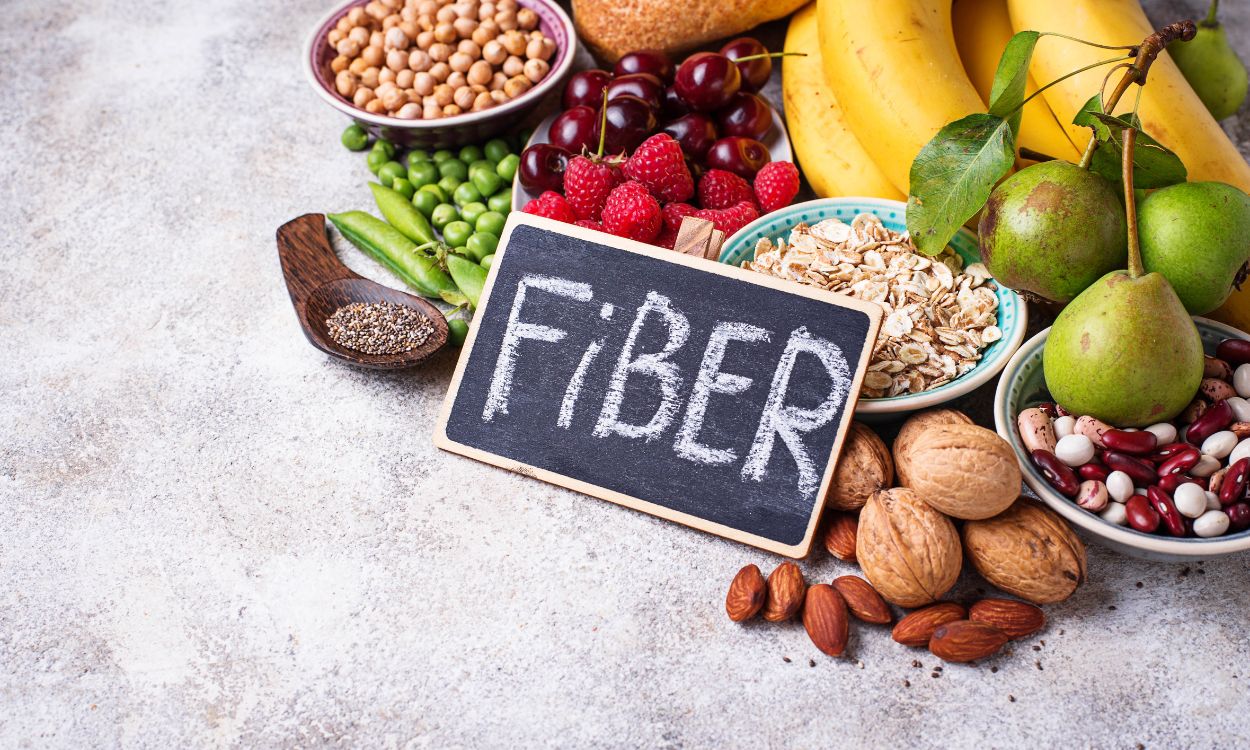The Power of Fiber: How a High-Fiber Diet Can Help You Lose Weight and Improve Your Health
Are you struggling to lose weight and improve your overall health? Have you tried countless diets and exercise routines, but nothing seems to work? If so, it’s time to consider the power of fiber.
Fiber is an essential nutrient that is often overlooked in our diets. It is found in plant-based foods such as fruits, vegetables, whole grains, and legumes. A high-fiber diet has been shown to have numerous health benefits, including weight loss, improved digestion, and reduced risk of chronic diseases.
Weight Loss Benefits of a High-Fiber Diet
One of the most significant benefits of a high-fiber diet is weight loss. Fiber-rich foods are low in calories and help you feel full for longer periods, reducing your overall calorie intake. Additionally, fiber slows down the absorption of sugar in the bloodstream, preventing spikes in blood sugar levels that can lead to cravings and overeating.
Studies have shown that people who consume a high-fiber diet tend to have a lower body weight and body mass index (BMI) than those who consume a low-fiber diet. In fact, increasing your fiber intake by just 14 grams per day can lead to a 10% decrease in calorie intake and a 4-pound weight loss over four months.
Improved Digestion and Gut Health
A high-fiber diet can also improve your digestion and gut health. Fiber helps to regulate bowel movements, preventing constipation and promoting regularity. It also feeds the good bacteria in your gut, promoting a healthy gut microbiome.
Research has shown that a healthy gut microbiome is essential for overall health and can reduce the risk of chronic diseases such as heart disease, diabetes, and cancer. A high-fiber diet can also reduce inflammation in the gut, which is linked to several digestive disorders.
Reduced Risk of Chronic Diseases
In addition to weight loss and improved digestion, a high-fiber diet can also reduce the risk of chronic diseases. Studies have shown that a high-fiber diet can reduce the risk of heart disease, stroke, diabetes, and certain types of cancer.
Fiber helps to lower cholesterol levels, reduce blood pressure, and regulate blood sugar levels, all of which are risk factors for chronic diseases. Additionally, fiber-rich foods are high in antioxidants, which can protect against cellular damage and reduce the risk of cancer.
How to Incorporate More Fiber into Your Diet
Now that you know the benefits of a high-fiber diet, it’s time to start incorporating more fiber-rich foods into your diet. Here are some tips to help you get started:
- Choose whole grains such as brown rice, quinoa, and whole wheat bread instead of refined grains.
- Eat a variety of fruits and vegetables, aiming for at least five servings per day.
- Include legumes such as beans, lentils, and chickpeas in your meals.
- Snack on nuts and seeds, which are high in fiber and healthy fats.
- Use herbs and spices to add flavor to your meals instead of salt and sugar.
Conclusion
A high-fiber diet is essential for weight loss, improved digestion, and reduced risk of chronic diseases. By incorporating more fiber-rich foods into your diet, you can achieve your health and fitness goals and live a happier, healthier life. If you’re looking for a personalized nutrition and fitness plan to help you achieve your goals, download the Fitpaa app today. Our team of experts will work with you to create a customized plan based on your metabolism, health, and fitness goals.









